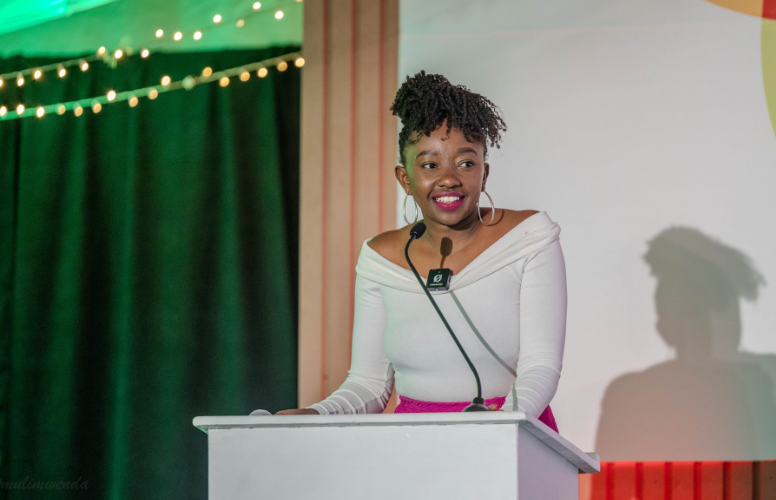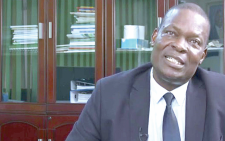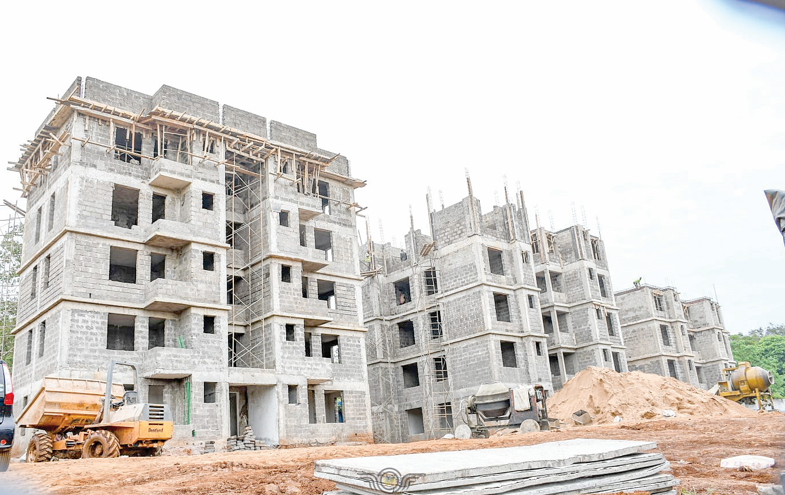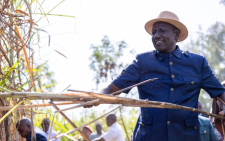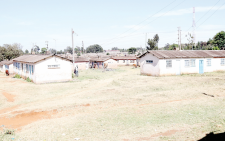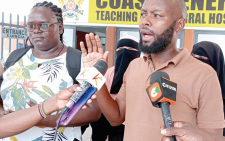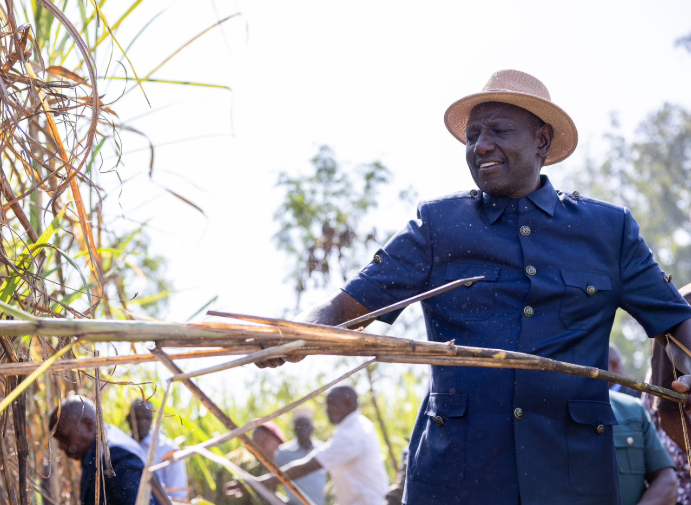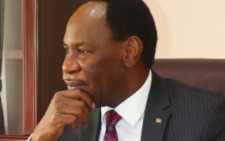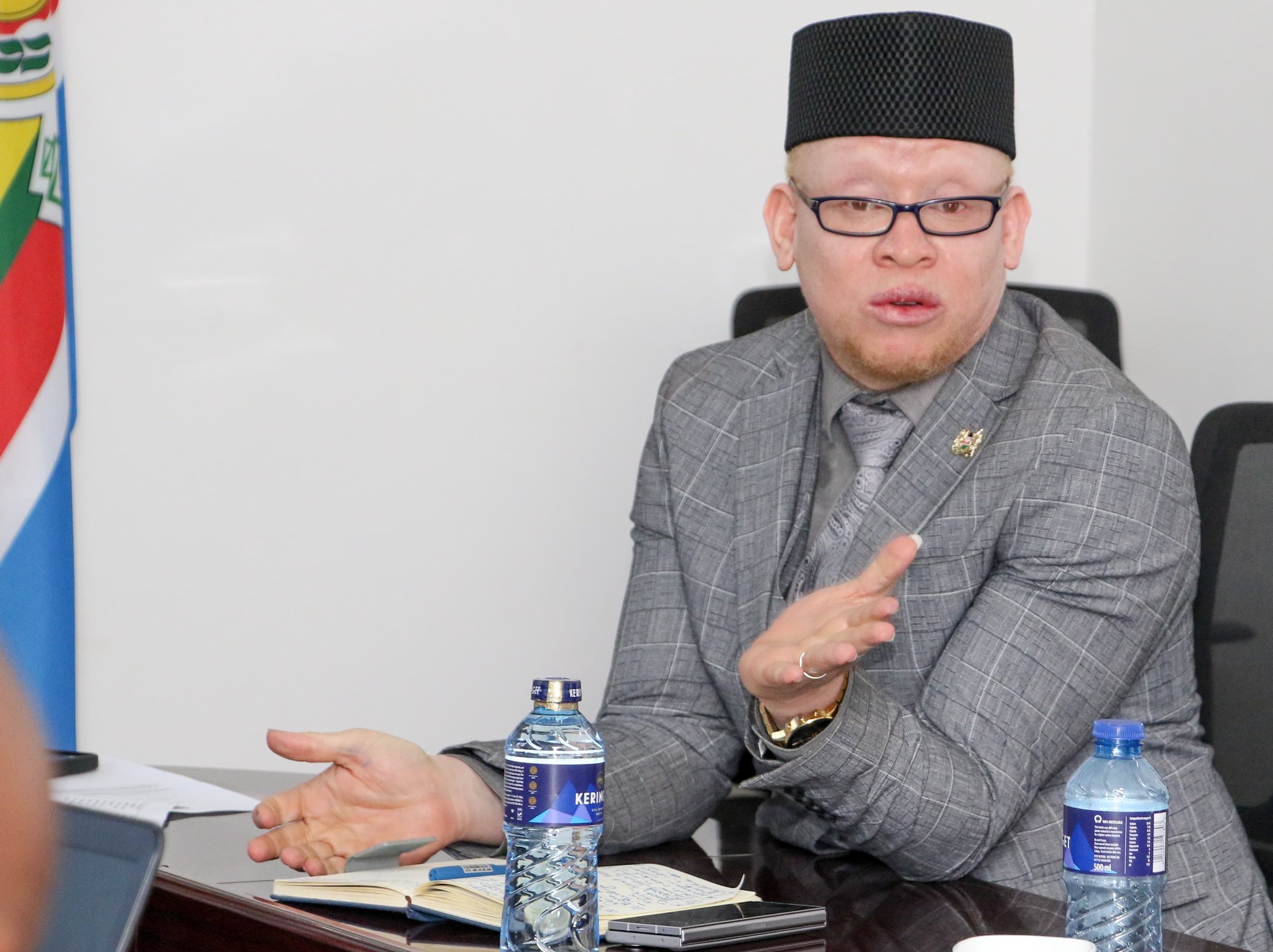African youth call for policies on sexual reproductive health
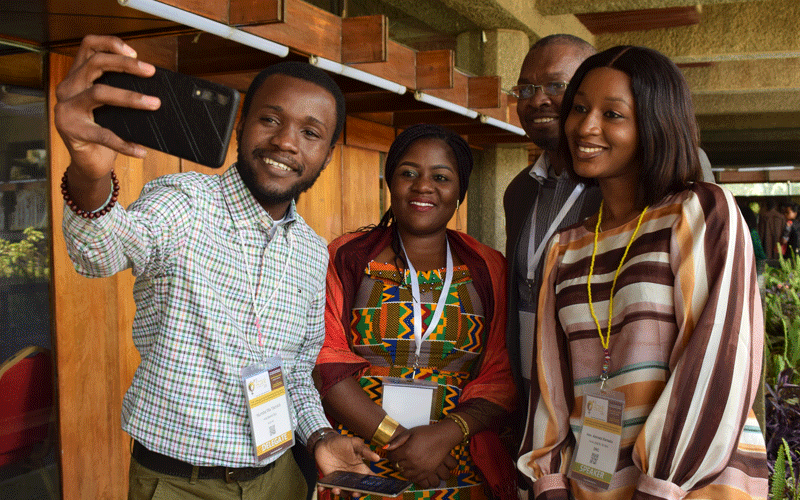
Benard Gitau and Evelyn Makena
More than 1,000 youths from 12 African countries have accused the continent leadership of being rigid in putting policies on sexual reproductive health and rights.
Under the ninth Africa Conference on Sexuality Health and Rights being held in Nairobi, the youths demanded the African Union (AU) be proactive in embracing sexuality and allow them freedom of choice.
The issues affecting youths on the continent include high rate of HIV/Aids infections, early marriages, unplanned pregnancies, FGM, exclusion of transgender and LGBT hence exposing them to poverty.
They demanded to be allowed to access contraceptive methods to reduce HIV infections, unwanted pregnancies and early marriages.
HIV infections
United Nations Population Fund (UNFPA) deputy executive director Dereje Wordofa said 5,100 adolescent girls and young women are infected every day with HIV.
“Three times more women and girls of reproductive age were infected with HIV in 2018,” he said.
The conference comes hot on the heels of the ICPD 25 summit held in Nairobi last November.
It will build on discussions around sexual reproductive health that kicked off during the 1994 International Conference in Cairo and the ICPD 25 summit held in Nairobi last year.
“Gender-based violence, poor access to sexual and reproductive health information and services become particularly challenging in such environments,” said Wordofa.
He added high mortality rate, low contraceptives prevalence, high teenage pregnancy and occurrence of sexually transmitted infections happens in slums.
This conference ensures to bring them at the centre of development in line with the ICPD goal of leaving no one behind,” said Africa Gender and Media Initiative Trust (GEM) programmes manager Gladys Kiio.
Due to high rates of poverty, residents of informal settlements face unmet need for contraception, unsafe abortions, unintended pregnancies and gender-based violence.
Zimbabwean legislator Ruth Labode said it was time for Africa to embrace sexual reproductive health and rights. She said in her country, over 6,000 girls did not make it to grade seven from grade six, as they were pregnant aged 12.
“We have fought over a bill which is with the president to allow condoms and contraception in school to prevent underage pregnancy,” she said.
She revealed that though there constitution criminalises LGBT, they have made a commitment with donors that they will accommodate every person in the society.
Nigeria Senator Olanrewaju Tejuoso said unlimited contraceptives increases unwanted pregnancy and also missed opportunity to girls hence increasing poverty and economic inequalities.
“Women should given rights to determine when to get the babies and spacing through family planning,” he said.

